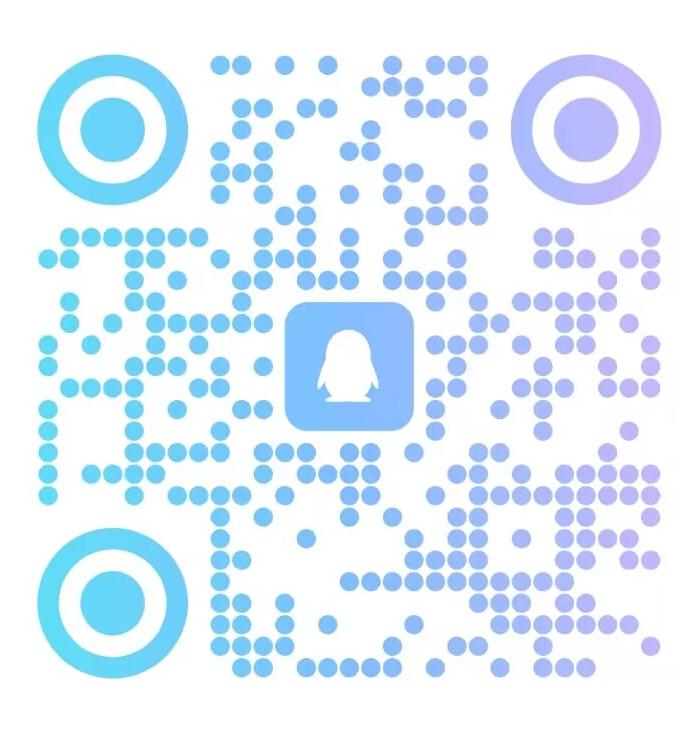QQ扫一扫联系

Section a
Directions: In this section, there is a passage with ten blanks. You are required to select one word for each blank from a list of choices given in a word bank following the passage. Read the passage through carefully before making your choices. Each choice in the bank is identified by a letter. Please mark the corresponding letter for each item on Answer Sheet 2 with a single line through the centre. You may not use any of the words in the bank more than once
You might not know yourself as well as you think. According to a new study, people are 26
accurate judges of only some of their behaviors. While most previous studies on how well people know themselves have been done on long-term personality traits, this new study 27 how well people understand how they are acting from one moment to the next. Researchers asked participants to wear audio recorders that automatically 28 every 9.5 minutes between 7 a.m. and 2 a.m. to record 30 seconds of audio. These participants were then emailed surveys four times a day asking them to 29 how outgoing, agreeable, or conscientious they were during a particular hour of the day. The study used data from 248 participants, all of whom answered questions about their behavior for two
30 weeks and wore the audio device for one of those weeks
Six laboratory assistants rated each participants audio clips to see how their observations compared with people's 31 of themselves. The six assistants were generally in agreement with one another about how the people they were observing acted. Further, participants' ratings of their own behaviors agreed with observers' for how outgoing and how conscientious they were being. But the agreement between participants and outside observers was much smaller for agreeableness. Some of this 32 could be because the observers used only audio clips, and thus could not read 33 like body language, but there are 34 other explanations, as people should be able to hear when a participant is being kind versus being rude. The weak agreement between how participants thought they were acting and what observers heard could be because people would rather 35 rude behavior
